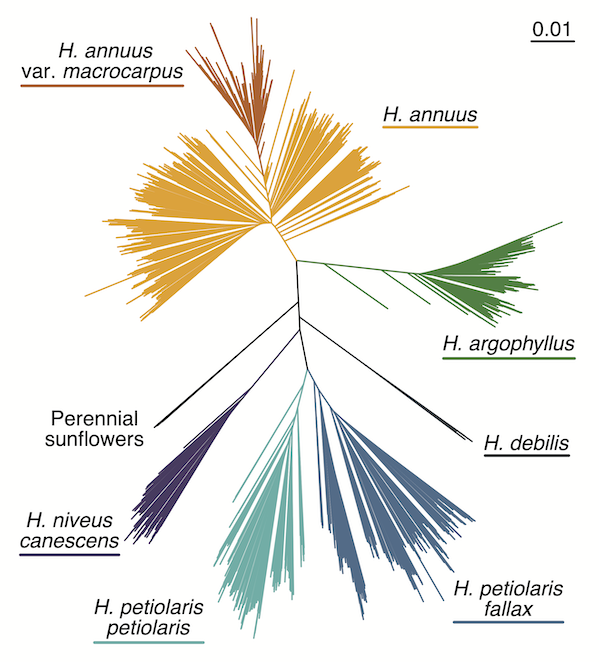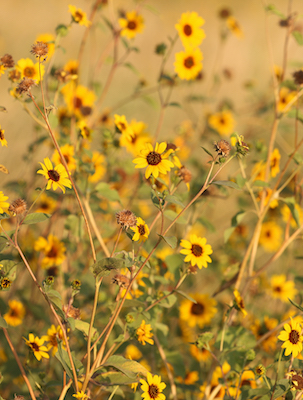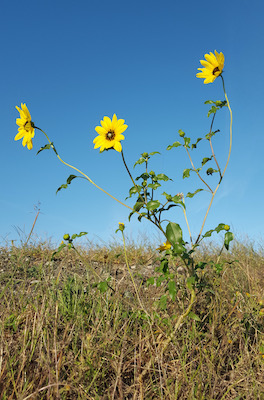HeliantHOME
HeliantHOME: a public and centralized database Home of a comprehensive collection of phenotypes for different Sunflower species
Guided Tour
Phenotype Categories
Population Map
The genus Helianthus (commonly known as sunflower) is large and diverse, and includes more than 50 wild species, most of which are native of North America. We have selected a handful of them for an in-depth study of genetic, phenotypic and environmental variation, as well as local adaptation, based on their ability to grow in a variety of, often extreme, environments, including deserts, sand dunes, and salt marshes (Todesco et al., Nature 2020 ). These data provide the basis for the construction of HeliantHOME.
In addition, the cultivated sunflower (Helianthus annuus var. macrocarpus) is a major oilseed crop and therefore of significant agricultural relevance. Therefore, we have also included phenotypic data for a diversity panel of cultivated sunflowers, which should be a valuable resource for plant breeders. The study of sunflowers offer numerous opportunities both to increase our understanding of ecological and evolutionary processes as well as to contribute to genetic research and breeding efforts (Kane et al., Mol Ecol Resour 2013 ).
The current availability of multiple well curated, reference genomes for the cultivated Sunflower (Badouin et al., Nature 2017 , https://www.heliagene.org , https://sunflowergenomes.org ) has now made it possible to start asking new types of questions about sunflower ecology and its evolutionary history. It also opens the possibility to investigate associations between sequence variants and phenotype in a more accurate way. HeliantHOME offers the perfect platform from where to start that journey.
In addition, the cultivated sunflower (Helianthus annuus var. macrocarpus) is a major oilseed crop and therefore of significant agricultural relevance. Therefore, we have also included phenotypic data for a diversity panel of cultivated sunflowers, which should be a valuable resource for plant breeders. The study of sunflowers offer numerous opportunities both to increase our understanding of ecological and evolutionary processes as well as to contribute to genetic research and breeding efforts (Kane et al., Mol Ecol Resour 2013 ).
The current availability of multiple well curated, reference genomes for the cultivated Sunflower (Badouin et al., Nature 2017 , https://www.heliagene.org , https://sunflowergenomes.org ) has now made it possible to start asking new types of questions about sunflower ecology and its evolutionary history. It also opens the possibility to investigate associations between sequence variants and phenotype in a more accurate way. HeliantHOME offers the perfect platform from where to start that journey.







